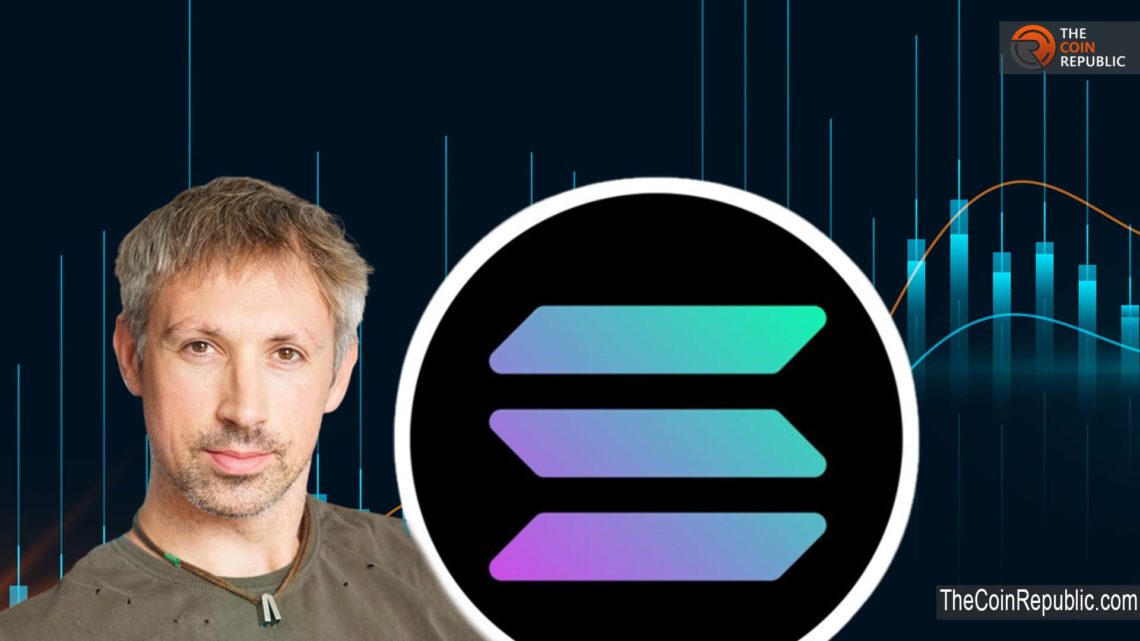Solana blockchain decelerates, adding to the already bearish trends in the crypto market. Gavin Wood, the co-founder of Ethereum, has pessimistic views on Solana and forecasted a market collapse.
Ethereum Co-Founder Warns Investors
Wood warned the altcoin holders against a dip in the price of Solana. According to him, the crypto market could suffer a further drop after losing $1 trillion in the recent bloodbath. As a reaction to the price drop, digital assets such as Solana, XRP, BNB, and Cardano could also witness a drop in their prices.
Wood told Reuters at the World Economic Forum in Davos,
In an interview, Wood said that the focus of people is more on what is belying the currency name when they get into a community, ecosystem, and economy. The technology doesn’t guarantee that people won’t make mistakes but instead can help in understanding the facts of the world better and what they’re purchasing.
The LUNA and UST massacre have made crypto investors doubtful, leading to fears among holders. According to Woods, the price of Solana can heavily swing in response to the volatility in the crypto market.
Operational Issues In Solana, Blockchain Slows Down
On May 28, at around 3:34 UTC, the Solana team declared that the clock of the blockchain was lagging by 30 minutes. And, staking rewards have a negative impact due to slow block times.
As per the status update, because of the longer-than-normal block time, on-chain timekeeping is running around 30 minutes behind that of wall clocks. However, it didn’t have any impact on the performance of network operations, but the time is shown by block explorers, and dapps might not reflect wall-clock time.
The Solana blockchain is designed in a way that it has 400 milliseconds block time, but the 1-minute average now sits at 659 milliseconds. Since slow block time translates to a disparity with clocks, it reduces the staking rewards. Rather than 182 epochs annually (rewards are paid each epoch), there are quite less delays in the blockchain.

Nancy J. Allen is a crypto enthusiast, with a major in macroeconomics and minor in business statistics. She believes that cryptocurrencies inspire people to be their own banks, and step aside from traditional monetary exchange systems. She is also intrigued by blockchain technology and its functioning. She frequently researches, and posts content on the top altcoins, their theoretical working principles and technical price predictions.


 Home
Home News
News










